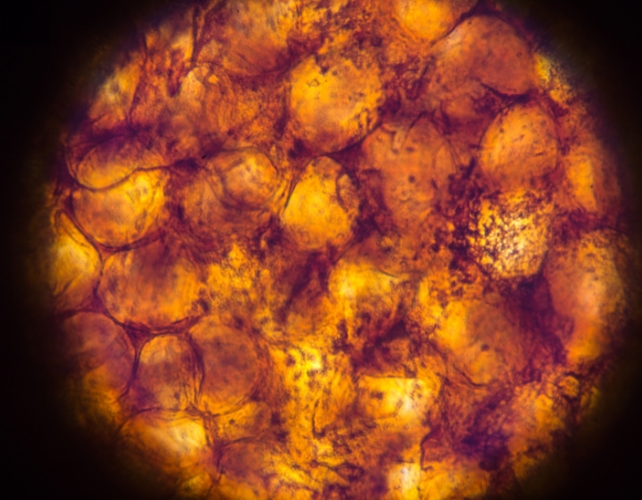
Many of us know from experience how incredibly darn hard it is to keep weight off after losing it. Even those who use the new class of weight loss drugs, such as semaglutide, can face substantial weight regain after ceasing the medication.
A team led by researchers from ETH Zurich in Switzerland may have discovered why in an analysis of human tissues and experiments on mice.
They found mammalian fat cells keep a record of obesity in a process that regulates the expression of our genes, known as epigenetics.
Formerly overweight mice with these epigenetic 'memories' experienced faster rebounds in weight gain when fed a fatty diet, compared to control mice that hadn't been overweight. ETH Zurich epigeneticist Laura Hinte and colleagues call this phenomenon an obesogenic memory.
"These changes seem to prime cells for pathological responses in an obesogenic environment, contributing to the problematic 'yo-yo' effect often seen with dieting," Hinte and team write in their paper.
"Targeting these changes in the future could improve long-term weight management and health outcomes."
Hinte and team's mouse experiments revealed weight loss following significant gain primes adipocyte fat cells to respond even more to future high-fat diets, contributing to this weight bounce-back. The cells aren't letting go of the 'obesity setting' in regards to how genes are being turned off and on.
The types of genes being regulated differently in formerly overweight mice compared to controls include an increase in the activity of genes involved in inflammation and decreased activity in genes involved in fat cell identity and functions.
Previous research has also noted a loss of identity of fat cells in obese mice. This "cellular identity crisis" may be what reduces the normal functions of fat usually seen in healthy people in those who are obese, despite the latter having more fat to perform those functions.

The researchers also found signs of this obesogenic memory in fat cells from humans who had undergone weight loss surgeries, compared to cells from people who had non-weight-related routine elective surgeries.
Due to limitations in epigenetically analyzing frozen human fat tissue, the team could not show a direct causal relationship in humans.
But overall "these results indicate that obesity induces cellular and transcriptional (obesogenic) changes in the adipose tissue, which are not resolved following significant weight loss," Hinte and team explain.
For billions of us, factors outside our control, from our microbiomes to reliance on certain medications, resource restraints, and genetics, can make keeping off that weight incredibly tough. Now we can add epigenetics to this frustrating list.
Obesity was associated with 4 million global deaths in 2015, more than two-thirds of them attributed to heart disease (the number one cause of death globally).
Obesity rates are expected to continue to rise, particularly in the US, so the need to understand this complex issue becomes ever more pressing.
But until we have a way to tackle obesogenic memory, it may help to keep in mind other studies suggest instead of focusing on the weight itself, focusing on eating healthier may have a more positive and lasting impact on our health.
This research was published in Nature.